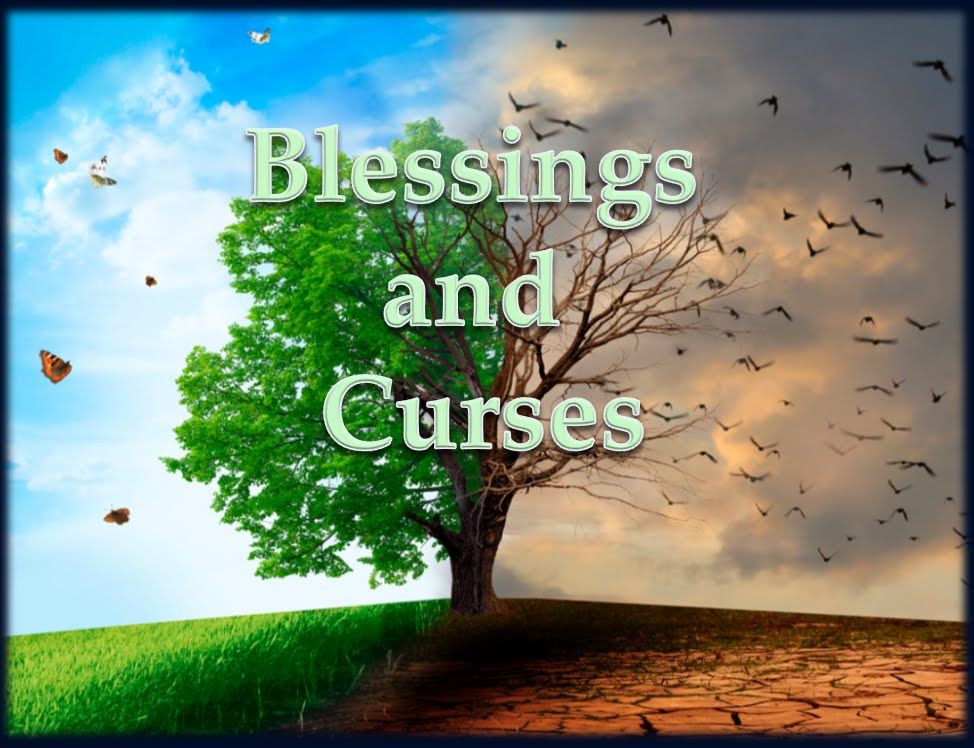
Several weeks ago I wrote about angles that might help you preach Numbers 22 and the Balaam narrative. This is part 2. For this sermon I decided to take 23:1–24:45 as the preaching portion. Huge, I know, but as I’ll show in a moment, the section forms a unit centered on curses and blessings.
First, remember the value of anchoring a sermon series around a theological theme. I selected for the Numbers’s series a clause from 14:8
“…he will bring us into this land and give it to us…”
He will bring us safely to the new creation and one reason is because nothing can reverse His blessing on us who believe. All these scenes with Balaam teaches this.
You might try unifying and providing movement for the message as follows:
- The plan to curse us (23:1-6, 11-17, 25-30; 24:1, 10-14). These verse represent all the places where Balak urges Balaam to curse Israel.
- God’s decision to bless us (23:7-10, 18-24; 24:2-9). These verses record Balaam’s discourses centering around the impossibility of cursing God’s people. For instance, 23:8 “How can I curse whom God has not cursed?” Exactly.
- What that means for God’s enemies (24:15-24). Here we read Balaam’s final discourse which include the well-known words in v. 17,
“a star shall come out of Jacob, and a scepter shall rise out of Israel…”
What an encouragement in a badly broken world for our listeners to hear the good news:
“I called you to curse my enemies [God’s people], and behold, you have blessed them these three times” (24:10)
All because our “Star” and “Scepter” crushed not only the OT enemies of Israel, such as Moab, but the head of the archenemy of our souls when He dies for sin/sinners.
As you preach and teach your way through Numbers your listeners will bless God as they learn how He endued them with special powers to succeed in all He has given them to do in this world (that’s my favorite definition of the Hebrew for “bless”).
And as they experience God’s blessing He will receive glory in the church and in Christ Jesus (Ephesians 3:21),
Randal


In reading through the Book of Numbers (again), Chapter 21:14, “Therefore, it is said in the Book of the Wars of the Lord…”,
To what book is the writer referring?
Good afternoon, Galen. Thanks for reading my post. The book is one of a handful mentioned in the OT that must have been know at the time of their writing, but which we have no record of despite numerous archaeological finds. It is one of those impossible to prove, but anchored in history reports in redemptive history.